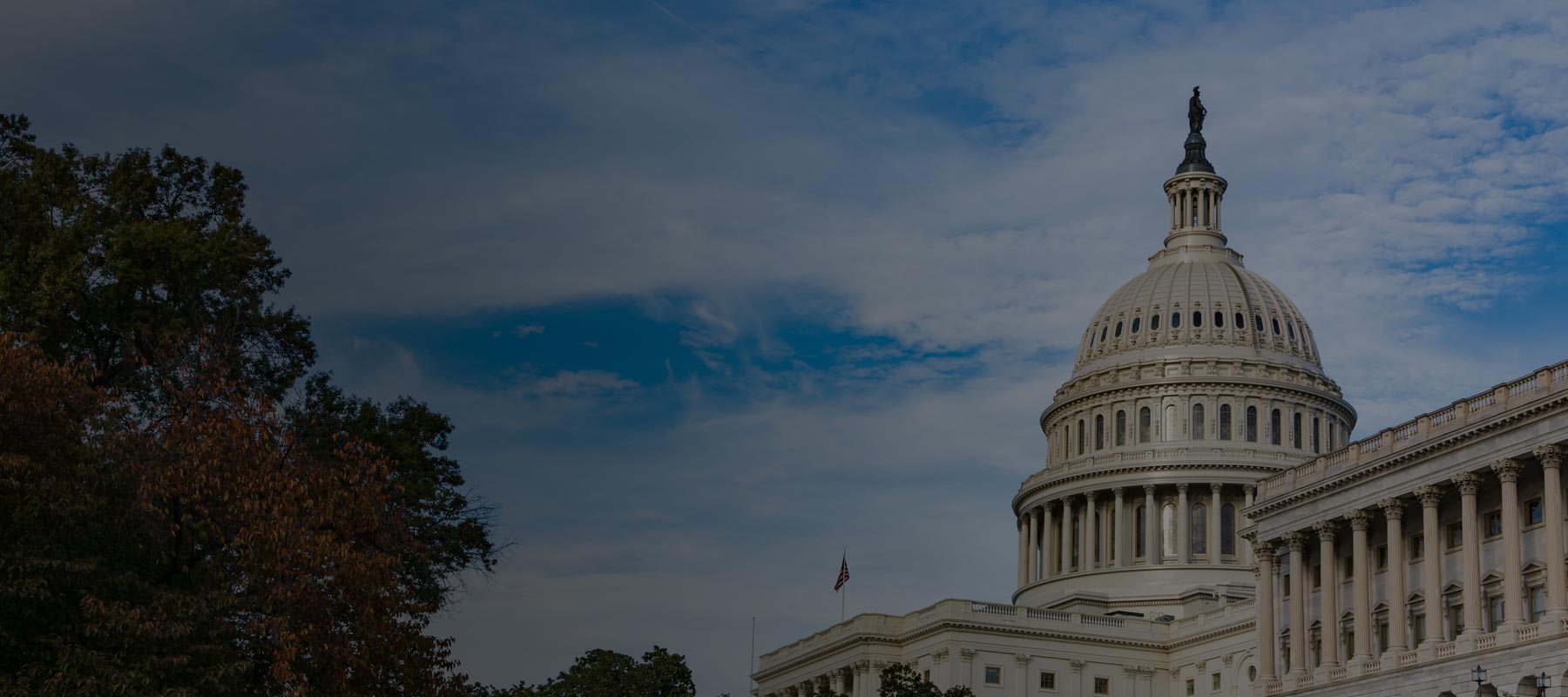Call Us Now
202-960-4596
Schedule a Free Consultation

Energy drinks like RedBull and Monster are popular today because they are a convenient way to get a rush of energy in a short amount of time. However, for years, many physicians and health experts have cautioned against consuming energy drinks, as the health effects are still unclear. Now, thanks to a new study from the American Heart Association, there is more evidence that suggests energy drinks have a significantly negative impact on cardiac health and other bodily functions.
Too Much Caffeine At Once
The National Institutes of Health (NIH) states that the caffeine content in a typical energy drink can contain over twice or three times the amount found in a cup of coffee. Caffeine restricts blood vessels and arteries, raises blood pressure, and increases heart rate. The study from the AHA study at the effects of large doses of caffeine equivalent to the amount found in energy drinks on trial participants. They found that consuming these energy drinks caused unsafe levels of blood pressure, and changes in the heart’s electrical function. This can cause an irregular heartbeat, something associated with heart disease and cardiac arrest.
A Cocktail of Stimulants
According to the NIH, in addition to caffeine, many energy drinks contain other energy-boosting supplements. These include such stimulants as:
It is clear that these additional supplements have similar effects to caffeine, or even act as a multiplier on a caffeine dose. However, due to the mixing of these supplements it’s difficult to determine the exact effect each chemical has on one’s health. Since energy drinks are not tested by the FDA for drug interactions, it’s unclear how the mixture of stimulants in energy drinks affects one’s body specifically.
Energy Drinks and Other Substances
Demographics which use energy drinks the most are students, people in the military, and other professions where lack of sleep and focus are required for long periods of time. However, energy drinks are often used for recreational purposes in combination with other substances, such as alcohol and drugs. This can be dangerous, as the caffeine from the energy drinks can mask the effects of other substances, leading to dangerous levels of intoxication. The National Center for Complementary and Integrative Health states that in 2011, 42% of all emergency room visits associated with energy drink consumption involved other substances.
If an unsafe product has caused you or a loved one to suffer, you deserve assistance from a personal injury attorney who cares. Contact Regan Zambri Long PLLC today to learn more about your legal options.
Have you or your loved one sustained injuries in Washington DC, Maryland or Virginia? Regan Zambri Long PLLC has the best lawyers in the country to analyze your case and answer the questions you may have.